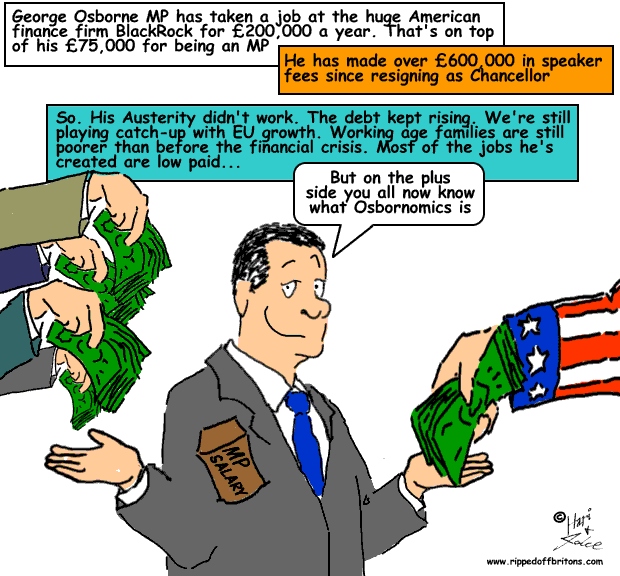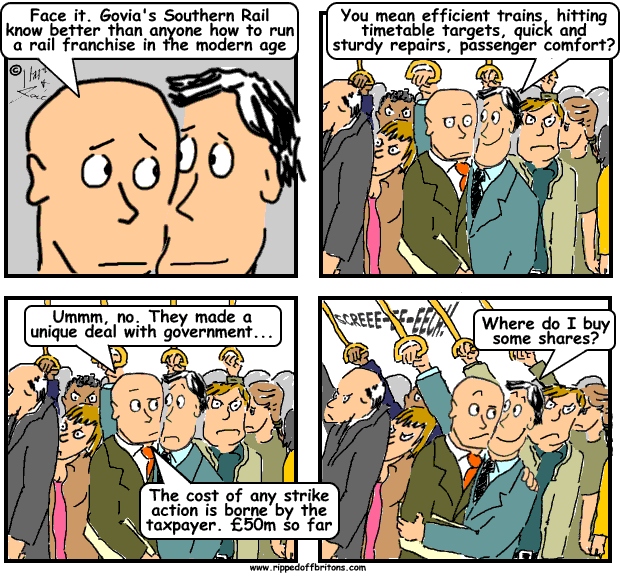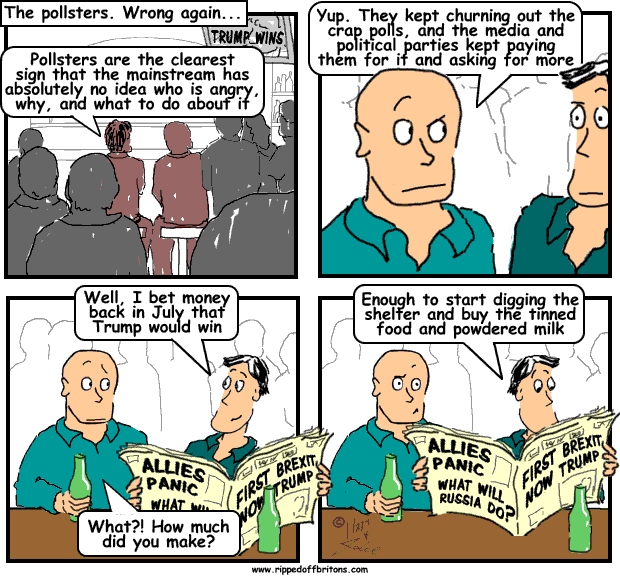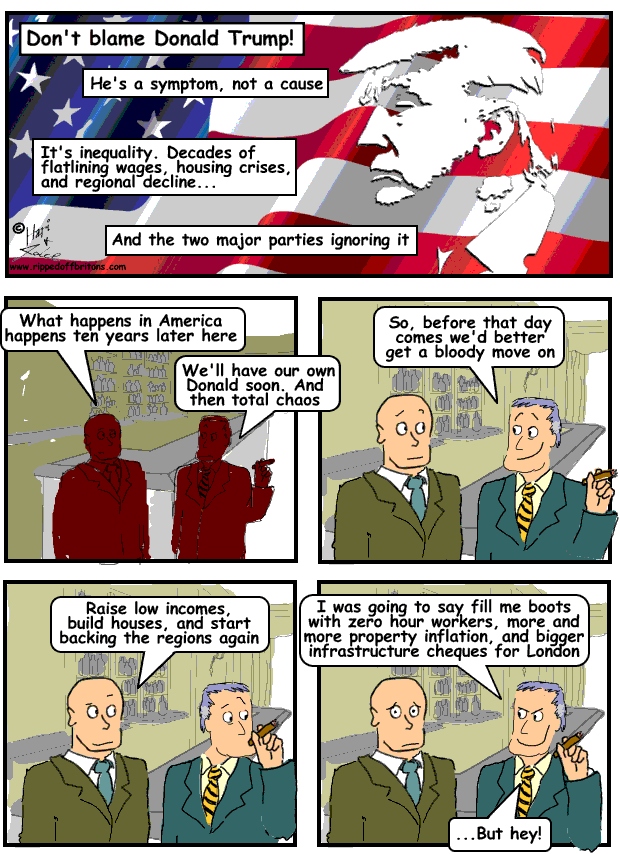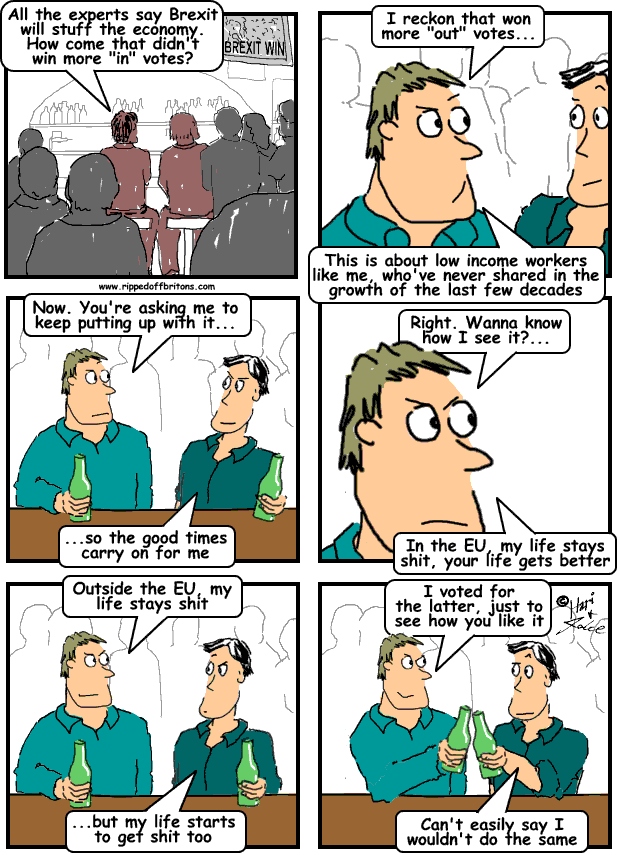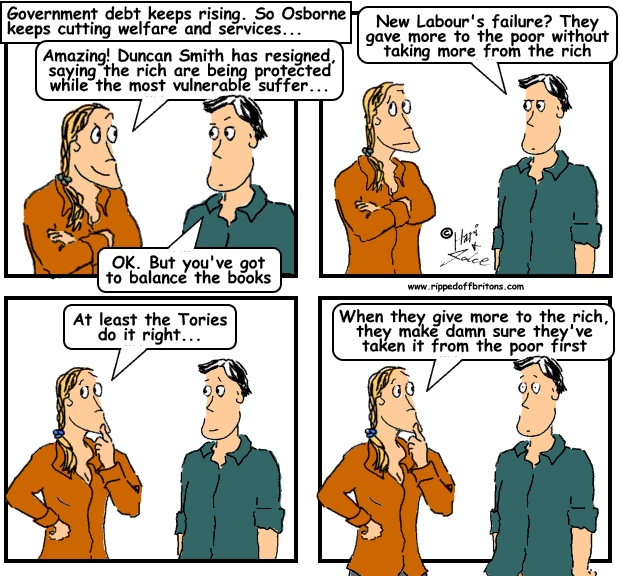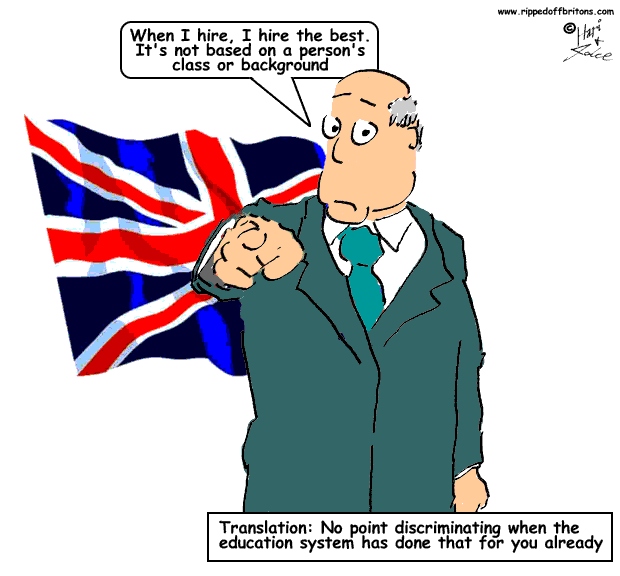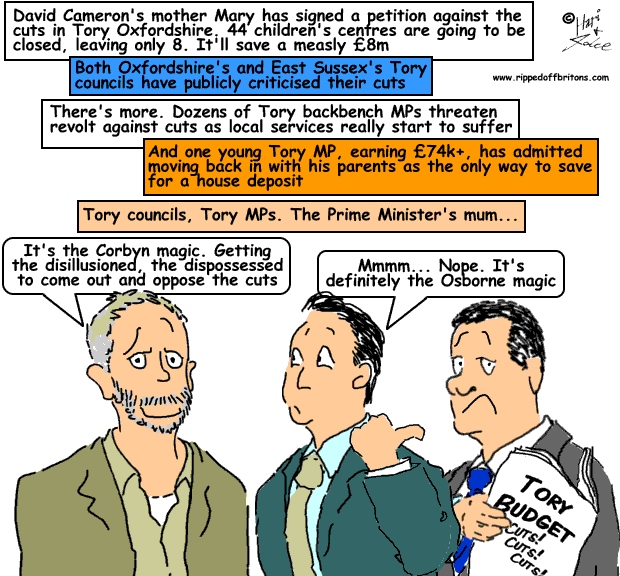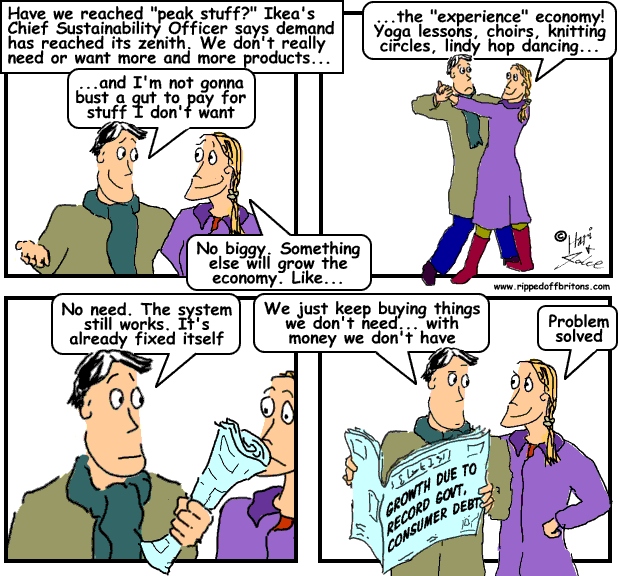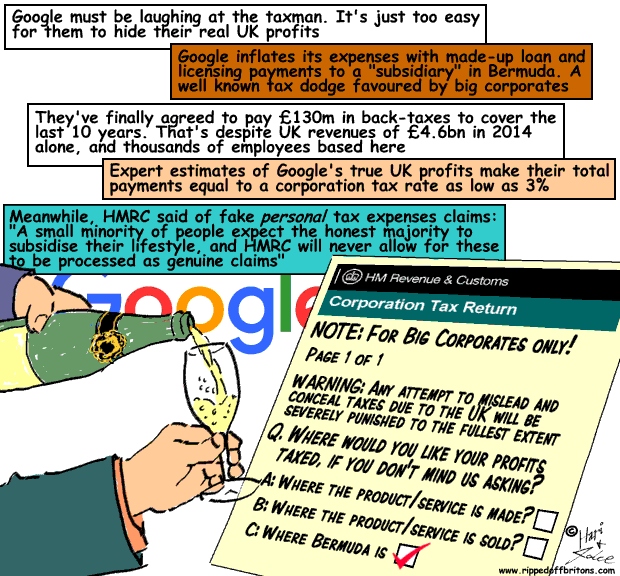 2,400 or so years ago an ancient Greek, possibly the philosopher Socrates, said:
2,400 or so years ago an ancient Greek, possibly the philosopher Socrates, said:"Our youth now love luxury. They have bad manners, contempt for authority; they show disrespect for their elders and love chatter in place of exercise; they no longer rise when elders enter the room; they contradict their parents, chatter before company; gobble up their food and tyrannize their teachers."
2,400 or so years later another figure from the past, Michael Gove MP formerly Secretary of State for Education, was still searching for bright ideas to get the young to do the right thing. Gove encouraged teachers to discipline wayward youths by getting them:
 "to do extra work, or to repeat unsatisfactory work; to write lines, or an extra essay...picking up litter, or washing graffiti off a wall, tidying a classroom, clearing up the dining hall."
"to do extra work, or to repeat unsatisfactory work; to write lines, or an extra essay...picking up litter, or washing graffiti off a wall, tidying a classroom, clearing up the dining hall."People often complain about the youth of today, imagining things were better when they were young. The evidence of the last few millennia suggest young people have always been really annoying.
However, there is one way today's young have clearly fallen behind earlier generations of youngsters. According to the British Election Study, it is only since 1997 that young people really got out of the habit of voting.




